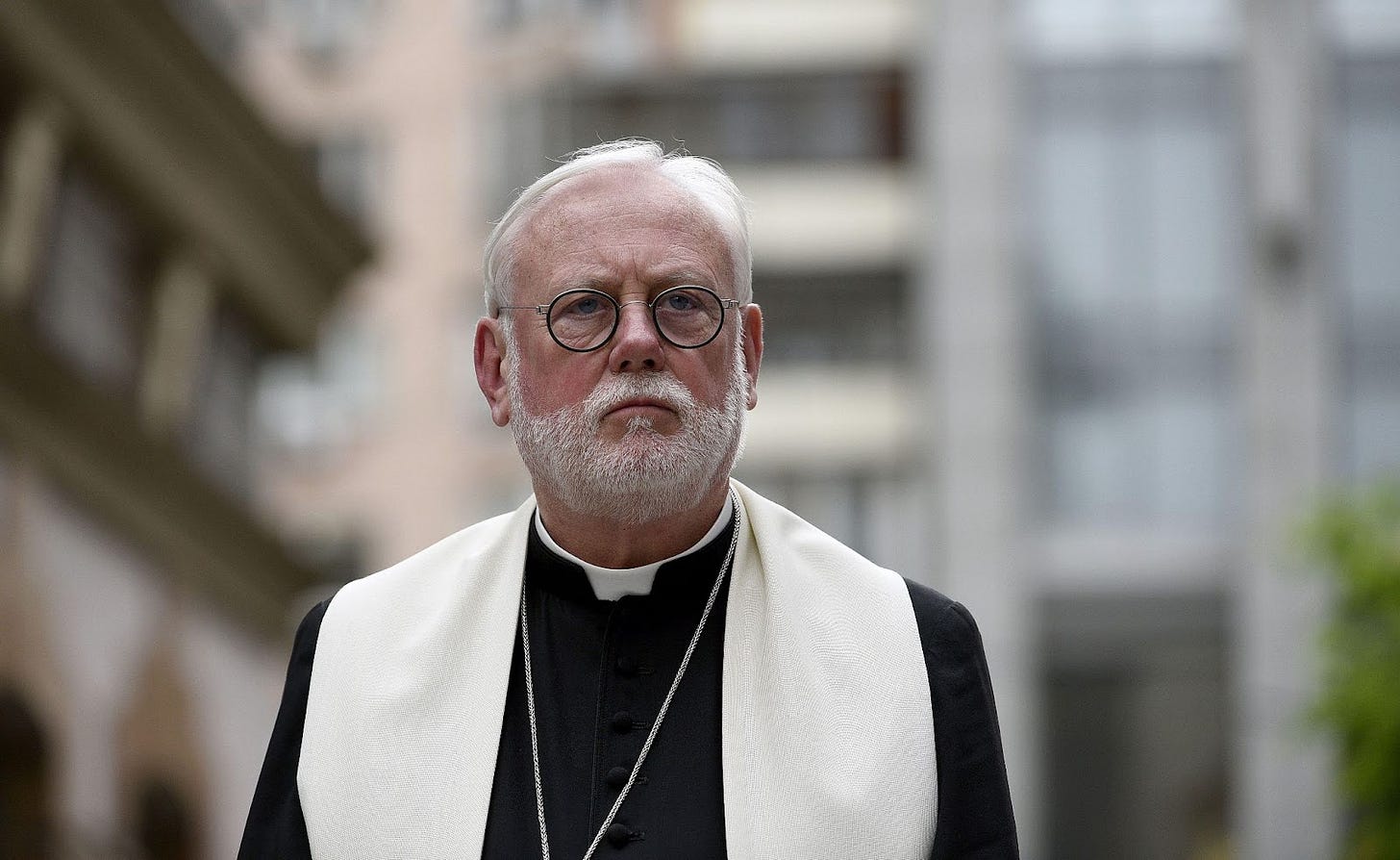In Vatican diplomacy, balancing the prophetic witness of the faith, the internal relationships of the local Church, and the realities of statecraft is a challenge.
Vatican diplomats often have to walk a fine line in what they say publicly, none more so than the Secretariat of State’s …

